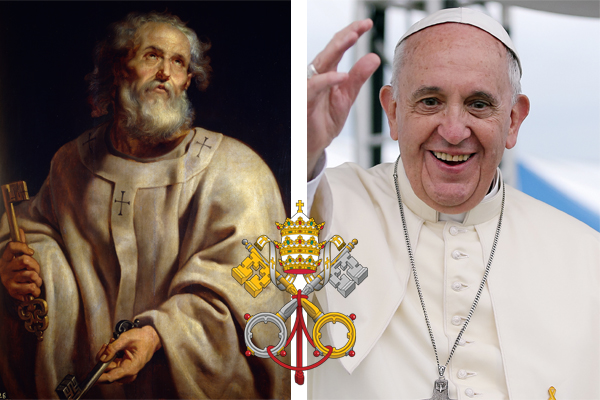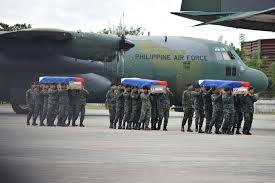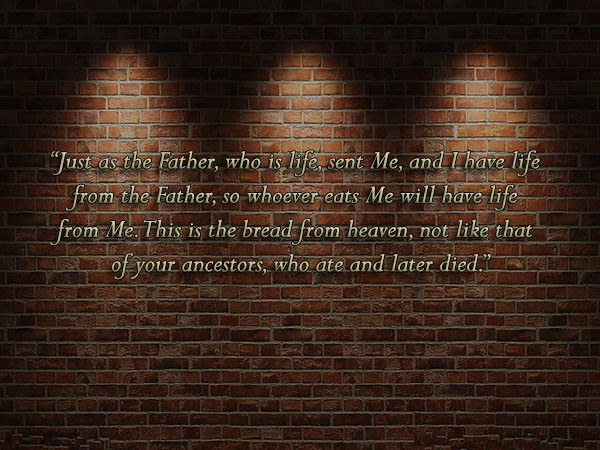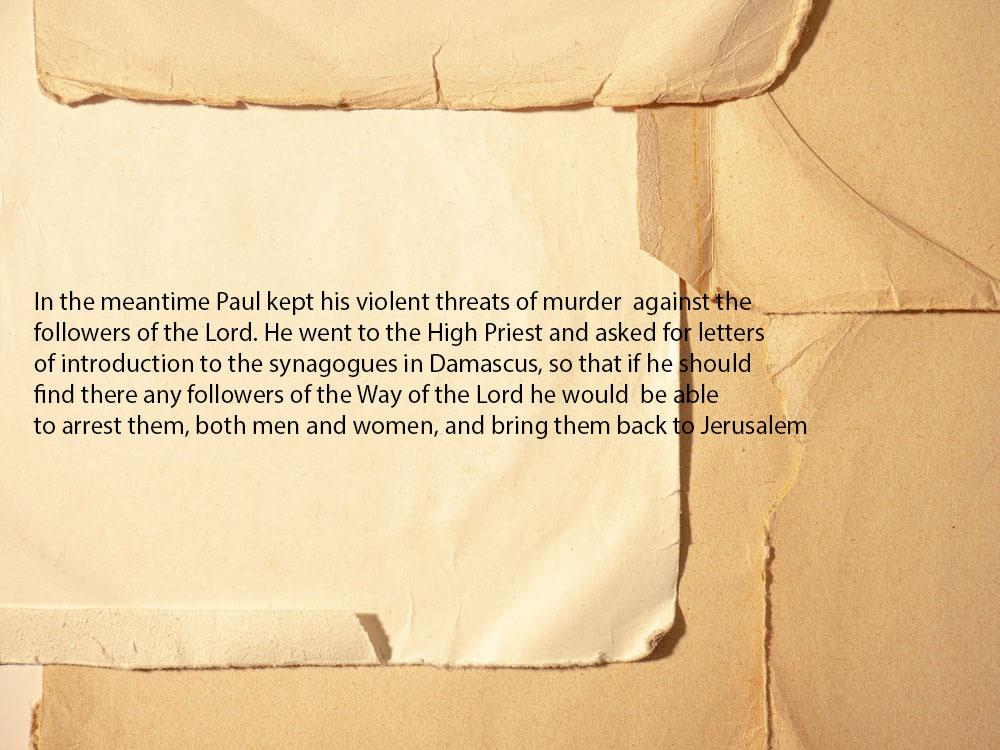Post credit to Manila Bulletin / Fr. Bel R. San Luis, SVD
St. Augustine of Hippo once said that the Catholic Church is of divine institution but human in composition. Despite the frailties and foibles of Peter, the first pope, and his successors, the Church of Christ will go on forever. Jesus made the assurance when He said: “The gates of hell shall not prevail against it” (Mt. 16:19).
More than 2,000 years ago, Jesus Christ chose a band of simple men, mostly fishermen, and gave them power to teach, to sanctify and rule the members of His Church. These were the apostles, the first bishops of the Church.
Christ intended that the power of the apostles should be exercised also by their successors. He said: “As the Father has sent Me, I also send you” (John 20:21).
The apostles first preached in Judea on the first Christian Pentecost. Then they spread out to the different countries of the then known world.
The apostles chose men to assist them, imparting on them greater or less powers. Before leaving a place, they chose a successor with full powers (Acts 14:22).
It was the command of Christ that the apostles should have successors to continue the Church, which He said would last till the end of the world. “I am with you always even to the consummation of the world” (Mt 28:20).
Without successors to the apostles, the Church would have no rulers, and being unorganized would never have lasted.
PETER, THE FIRST POPE
Jesus Christ made Peter the head of the apostles and conferred upon him the power of ruling His Church.
When Jesus and His apostles were in Caesarea Philippi and He said, “Who do people say that I am?” the apostles replied, “Some say you are John the Baptist; others say Elijah or one of the prophets.” But Peter made the memorable confession of faith in the name of the apostles, saying: “You are the Christ, the Son of the living God” (Mt 16:17).
In reply the Lord said, “Blessed are you, Simon Bar-Jona, for flesh and blood has not revealed this to you, but My Father in heaven. And I say to you, you are Peter, and upon this rock I will build My Church, and the gates of hell will not prevail against it. And I will give you the keys of the kingdom of heaven, and whatever
THE ROCK
you shall bound on earth shall be bound in heaven, and whatsoever you shall loose on earth shall be loosed in heaven” (Mt. 16, 17-20).
Our Lord changed Simon’s name to Peter, petrus in Latin and kepha in Aramaic, which means Rock. The Lord had a special purpose for changing Simon’s name. As stones are the foundations of buildings, Peter was to be the foundation of Christ’s Church.
The Lord promised to Peter the keys of the kingdom of heaven. In ancient as well as modern times, keys are symbol of authority.
It is noteworthy that while the Lord said to all the apostles “Receive the Holy Spirit, whose sins you shall forgive, will be forgiven them (Jn 20:23), but to Peter alone the Lord said these words: “I will give you the keys to the kingdom of heaven.”
266TH POPE
Thus, in conformity with the Lord’s teachings, the Catholic Church gives primacy of honor and jurisdiction to Peter. From Peter and his successors, the Vicar of Christ and visible head of the Church are called pope, in Greek “pappa,” an endearing word for father. From Peter, the first pope, Francis I is the 266th pope.
The Catholic Church traces its root all the way to Jesus Christ Himself, who chose Peter as the first pope. All other Christian churches branched out from the apostolic Church of Christ starting only after the year 1,500, while the original Church started more than 2,000 years ago with direct, historical link to Jesus Christ.
PAPAL VISIT
As shepherd of the universal Church, the Pope makes pastoral visits to the flock with the purpose of meeting the religious leaders and members as well as the lay people, strengthening them in their faith and showing concern for their spiritual needs and, in certain instances, material assistance for victims of calamities and the impoverished.
This is what Pope Francis I will do when he goes to Tacloban, Leyte: Manifest solidarity with the suffering victims of the super typhoon “Yolanda.”
In times past, the Pope undertook visits but limited only to the European countries. Subsequently, however, with greater expansion of the Church, the popes extended their pastoral reach to the whole world.
St. John Paul II, who reigned as pope for 25 years, in more than 2,000-year history of the Catholic Church broke all records, traveling 104 international journeys which included two to the Philippines: In 1981 and 1995 for the World Youth Day. He was called “Pope-circumnavigator.”
Since the pope is also the head of a state, the Vatican, his trips to other countries are also state visits. Thus, he is accorded with the same honor, esteem and tribute as any head of state.
PERSON OF THE YEAR
On December, 2013, Time magazine named Pope Francis as Person of the Year for 2013. Time managing editor Nancy Gibbs wrote that Francis got the nod “for pulling the papacy out of the palace and into the streets, for committing the world’s largest church to confronting its deepest needs and for balancing judgment with mercy.”
Pope Francis is the third Roman Pontiff to earn the title. Pope John XXIII was named “Man of the Year” in 1962 and Pope John Paul II was on the cover in 1994.
The Holy See does not seek “fame,” but that it is a “positive sign” that religious and moral values are being recognized.








